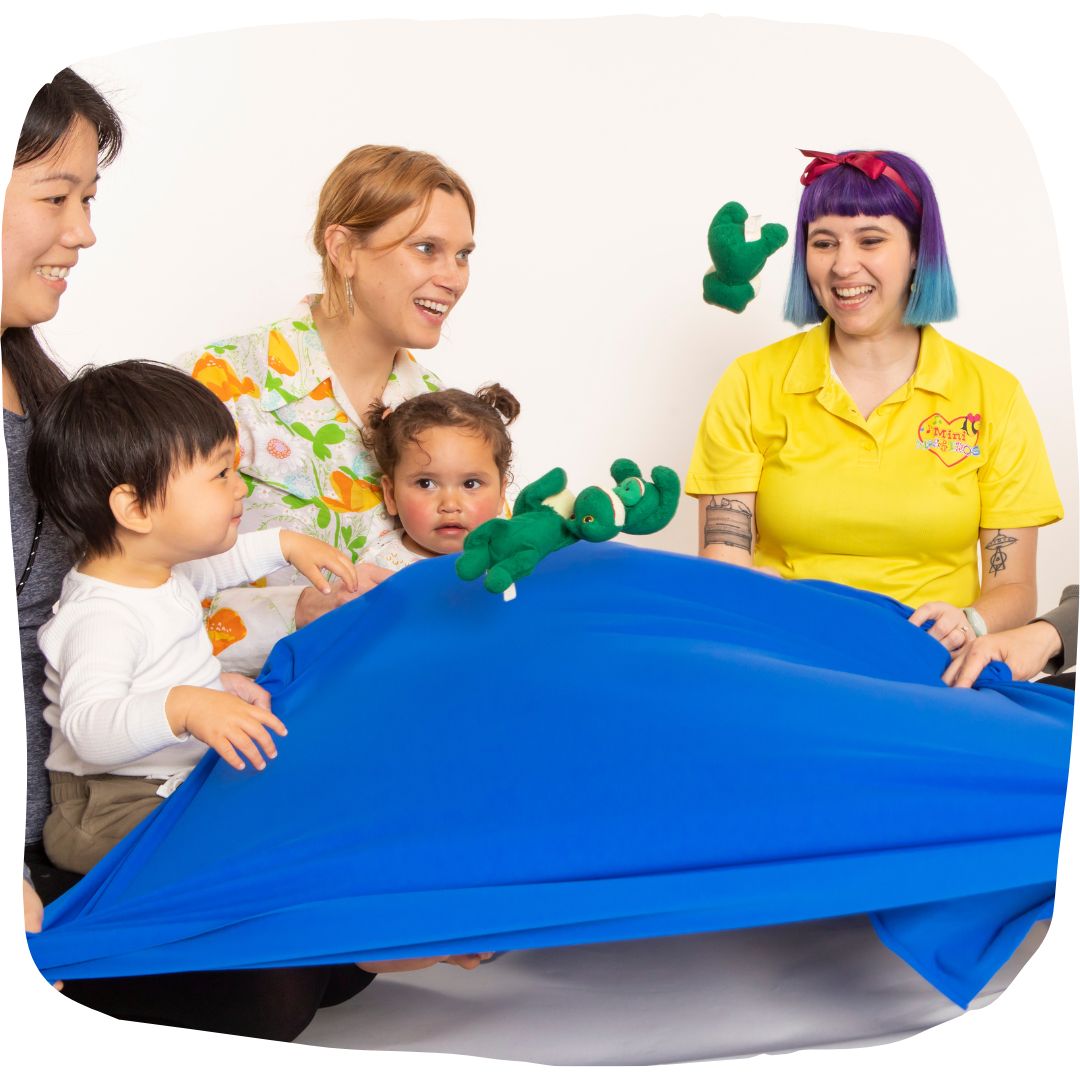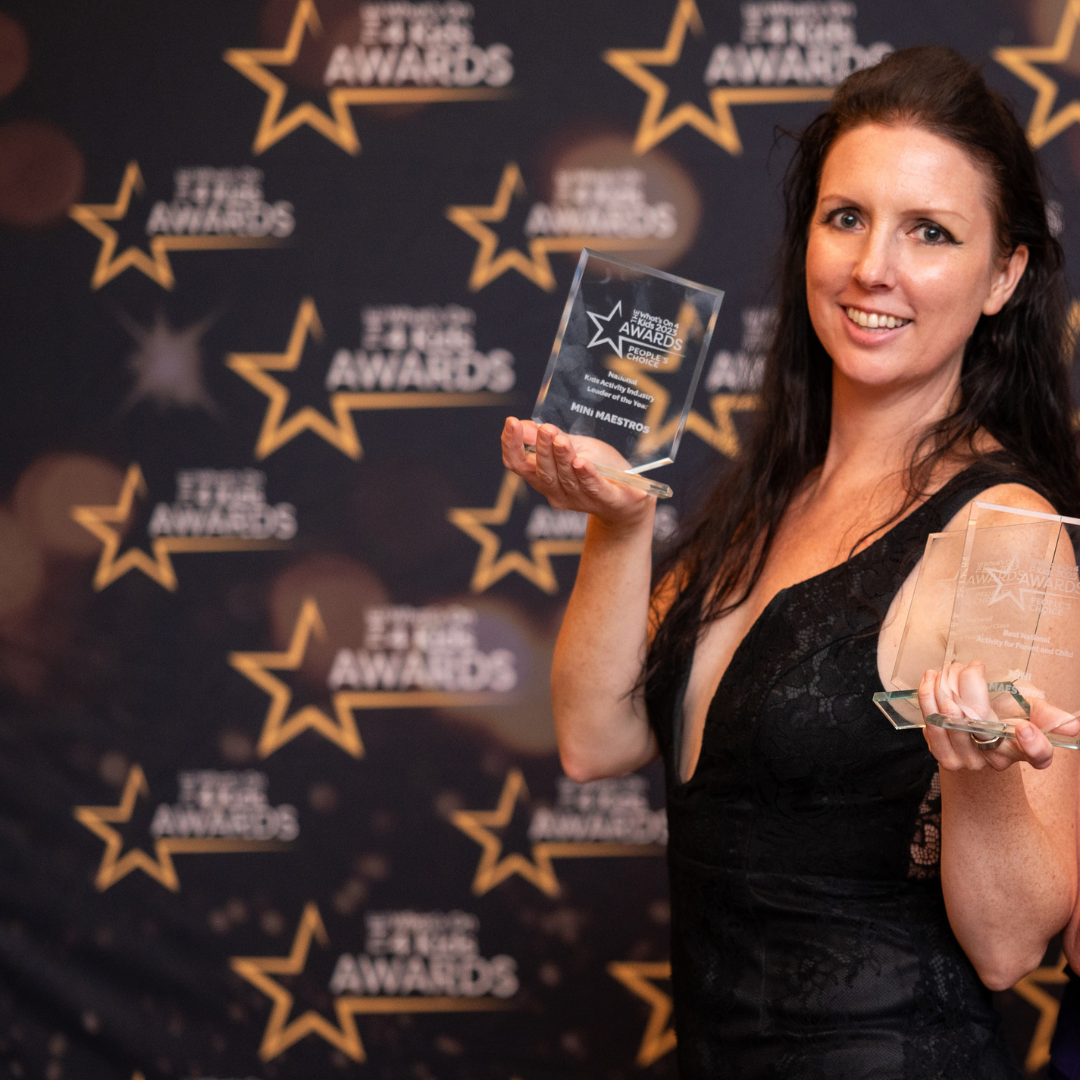Mid-Term Magic Term 2
The middle of a term is an exciting point where we see a lot of progress all of a sudden. Because children are familiar with some of the term’s repertoire by this point, they have more confidence to respond in various ways to show their understanding of what is happening in the music and in the classes. Remember that, like adults, most children prefer to wait until they are sure of what is going on before they whole-heartedly join in with activities. Now that the term’s songs are familiar to them, they know what to expect and feel more confident and secure in lessons.
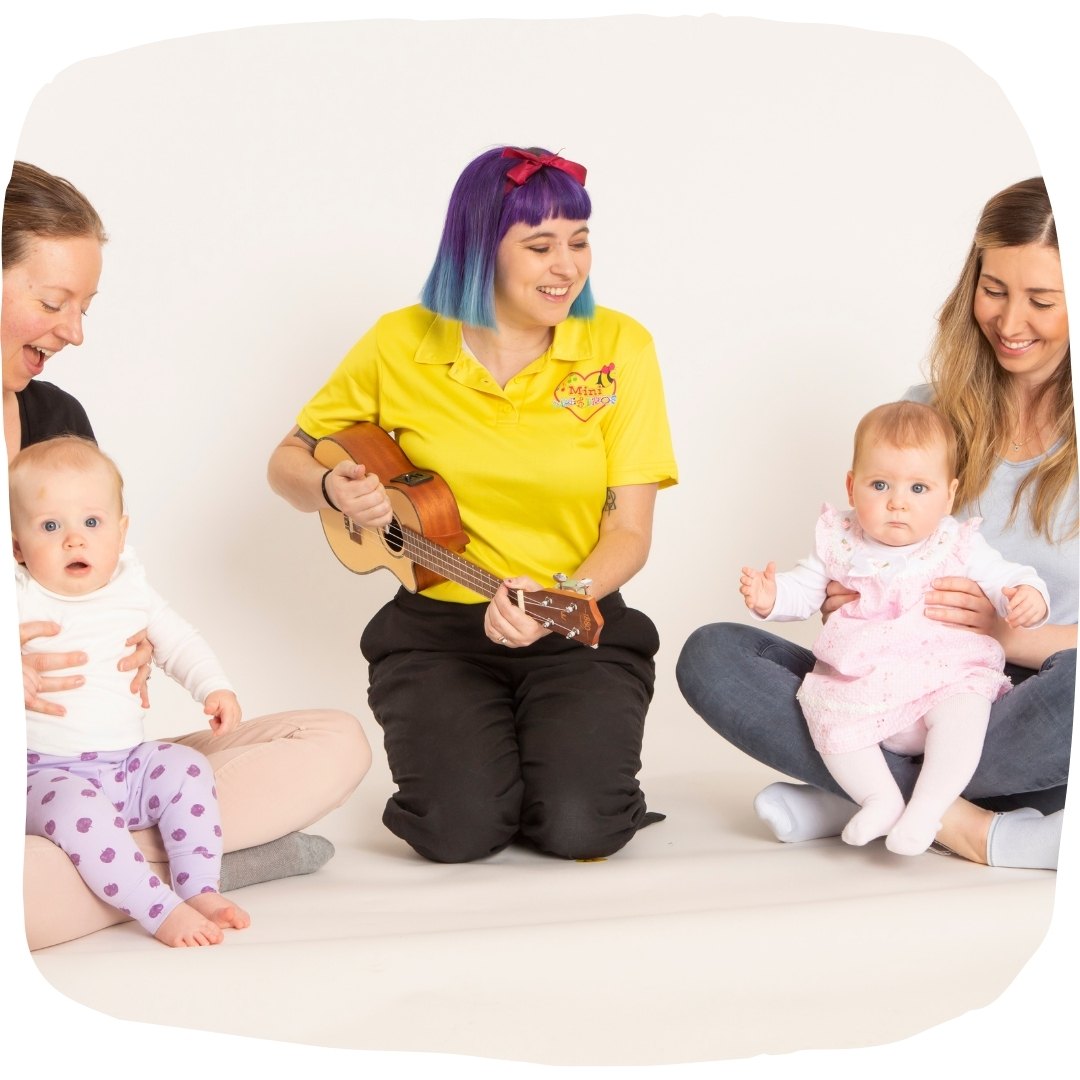
Mini Maestros teachers know …
the subtle things to watch for which show that children understand and are enjoying what they are learning. Once you know what you are looking for, recognising children’s small signs of progress is exciting and a cause for celebration.
For babies…
a lovely sign of development in classes is when they watch and focus on what other babies and adults in the class are doing. They will store this information away and, when they are ready, will copy what they have seen.
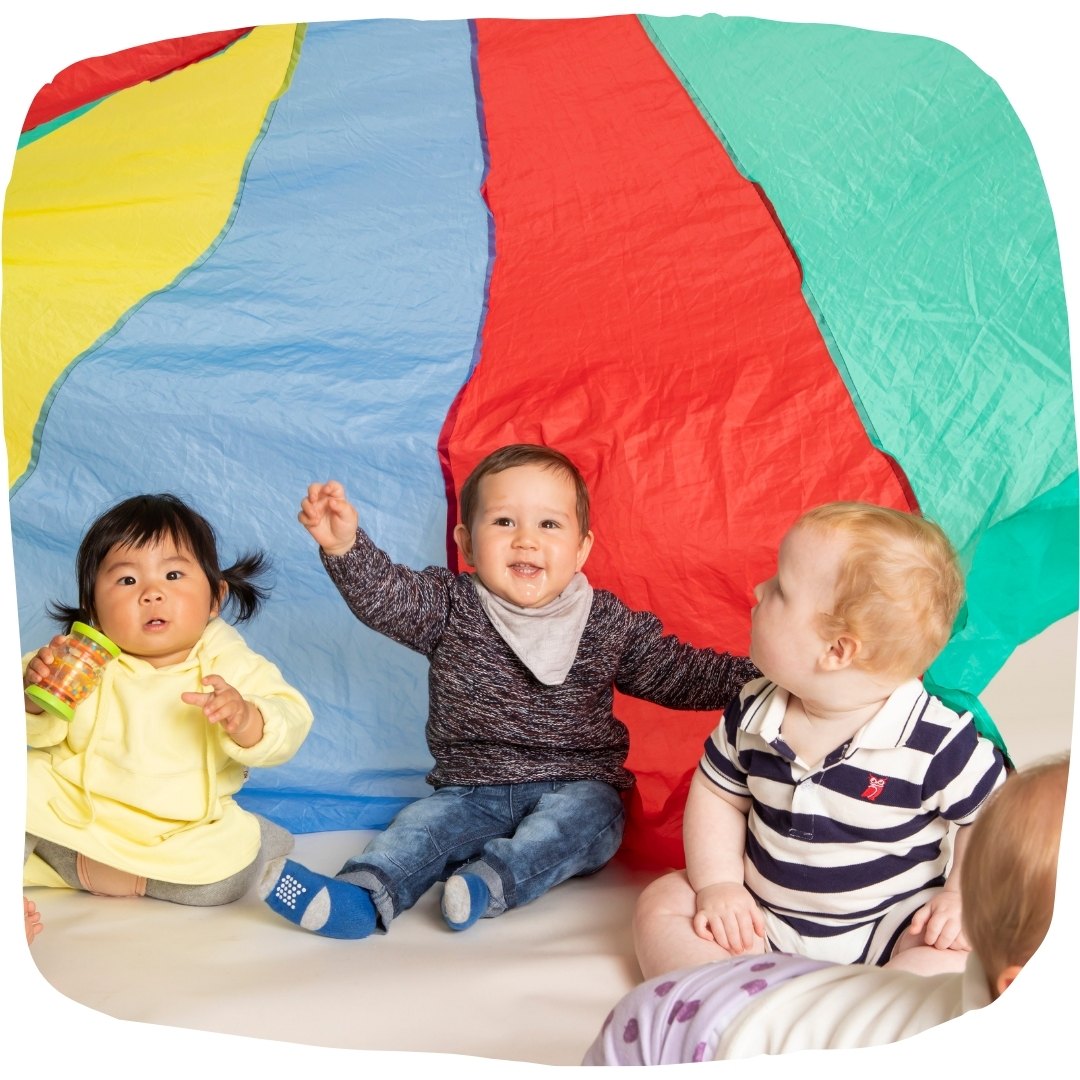
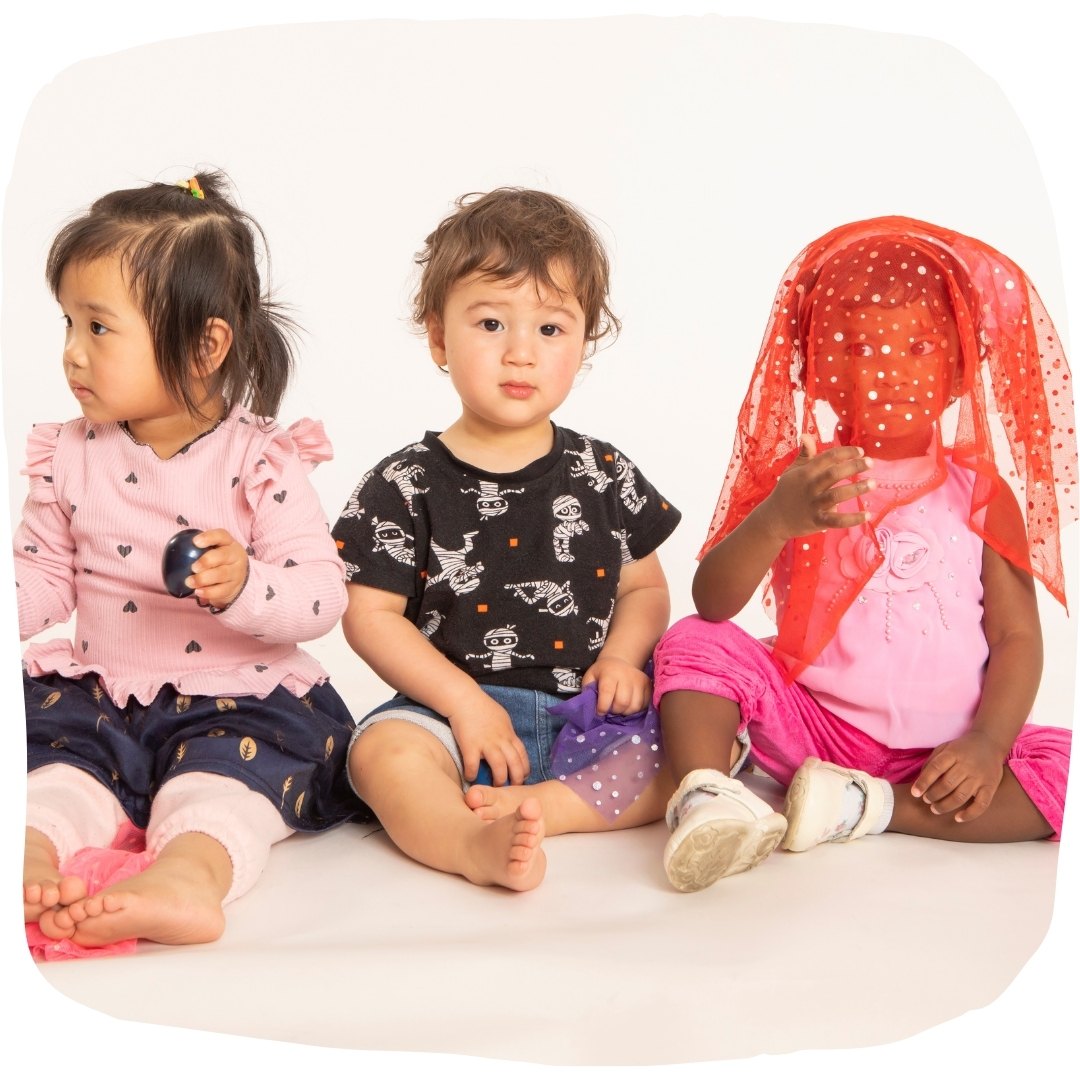
1-2 year olds at this point…
in the year are good at showing us what actions they would like to do. This can be easily missed if we are just waiting for a verbal response, but if you look at the children’s bodies you might see them tapping their feet or patting knees and waiting for you to notice.
Parents of 2-3 year olds will…
notice their children might be singing Good Morning Bumblebee at home or in the car which is a sign they are absorbing things learnt in lessons and are getting ready to move towards singing in class. They are also showing more confidence to suggest actions or new lyrics in well-known songs and activities.
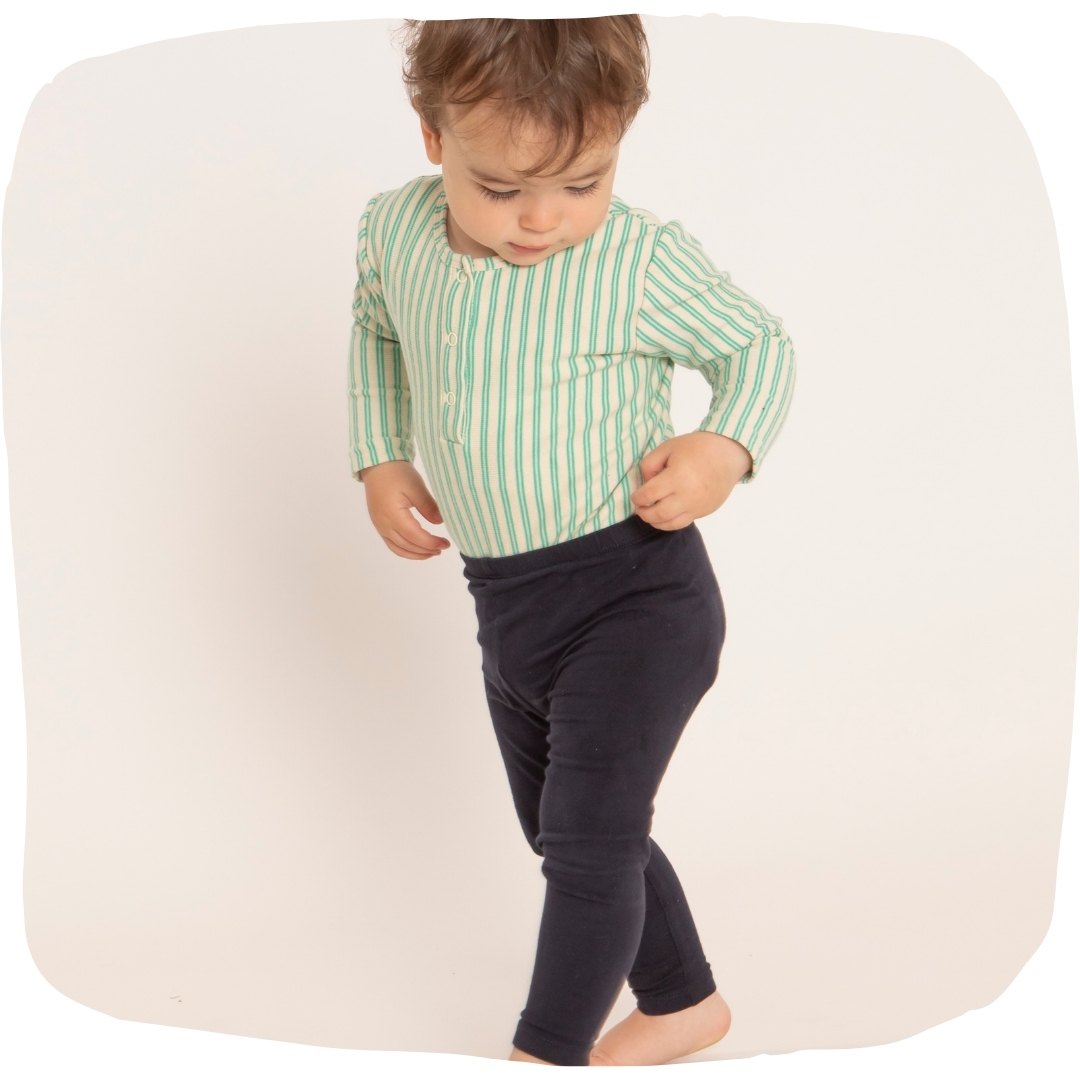
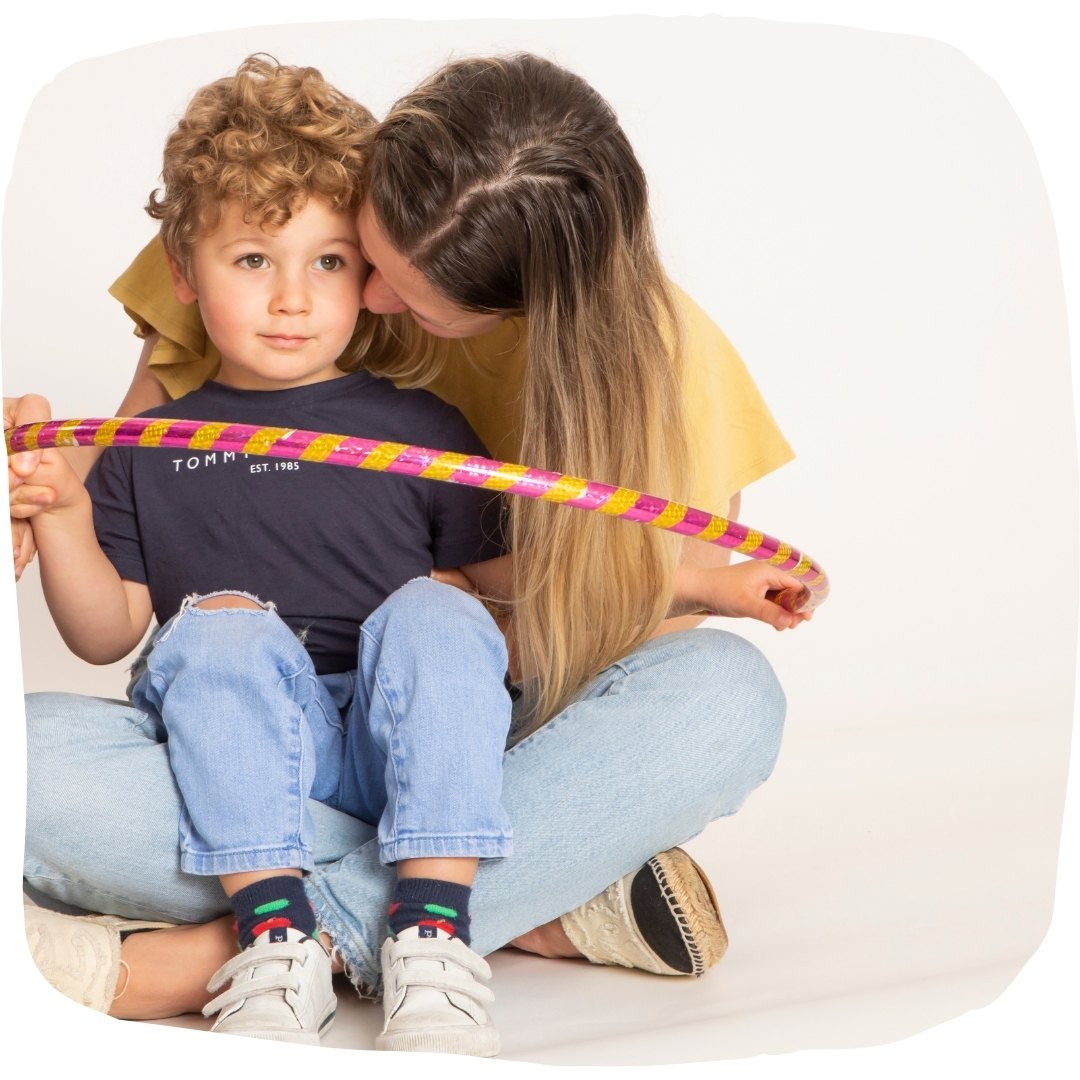
3-4 year olds are…
singing with more confidence, clarity and a greater awareness of pitching, and are enjoying working with their friends in classes.
4-5 year olds start to…
play their chime bars with more fluency and a steadier sense of beat. They can now articulate the difference between beat and rhythm, two of the most fundamental elements of music.
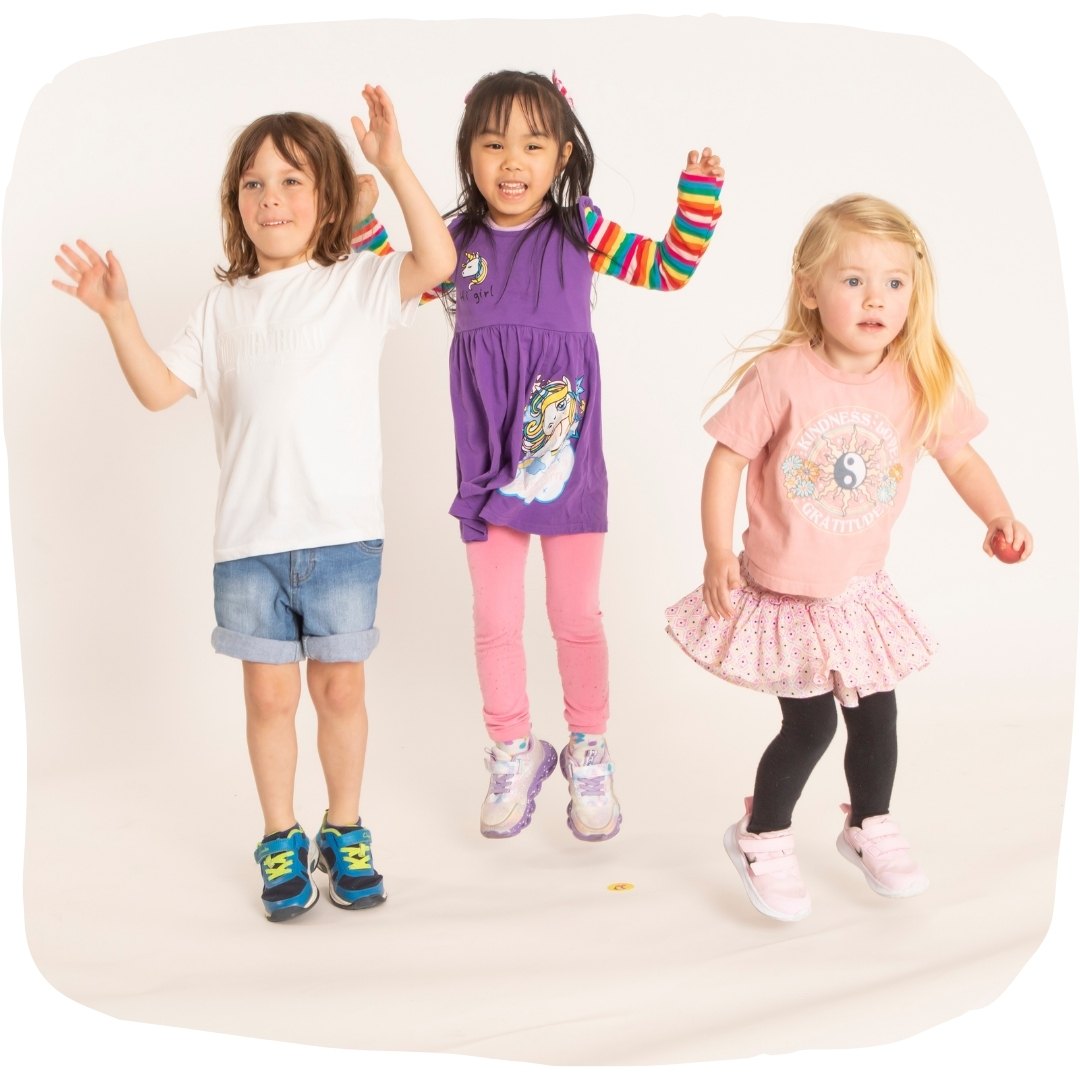

We recognise and celebrate…
that all children learn and participate in different ways. We don’t expect children to be ‘performers’ in our classes. The aim is for children to learn from the different musical, physical and social experiences in classes and apply this learning to other areas of their lives when they are ready.
When you think back to your child’s first lesson of the term and compare it to this week’s class, what small signs of progress have you seen?
By Jennifer Smith – Mini Maestros Music Director

